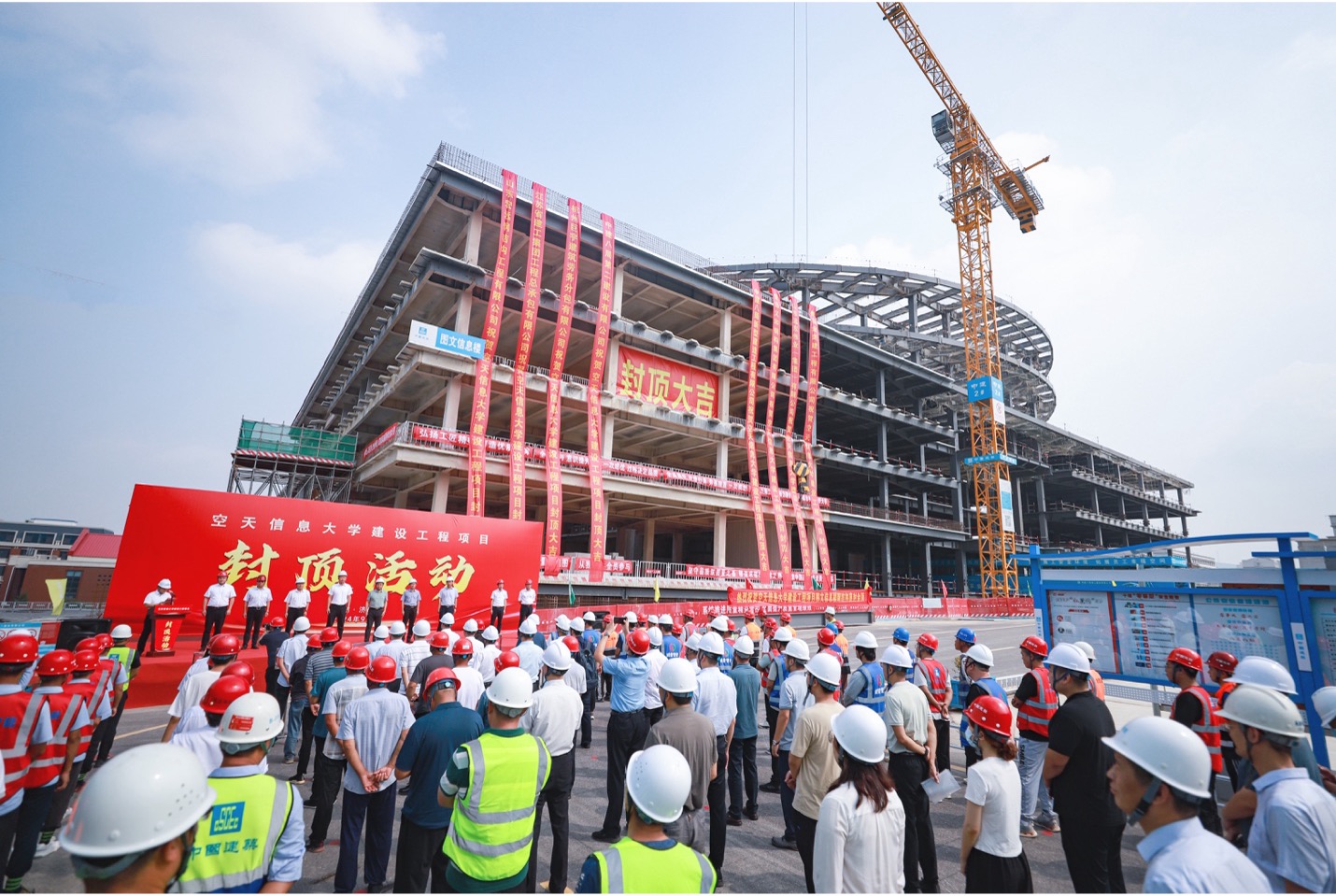THE MYSTERIOUS FELIX GROUP RAISES ITS PROFILE
THE MYSTERIOUS FELIX GROUP RAISES ITS PROFILE
The mysterious Felix Group raises its profile
by Victor Yasmann
Last week, Komsomolskaya pravda published an interviewwith an anonymous officer of the mysterious "Felix"group. In it, the former KGB officer said that his group had establishedspecial death squads to liquidate corrupt Russian government officialswhom he said were "lackeys of Western interests." Amongthose targeted for death are Premier Viktor Chernomydin, formerfirst deputy KGB chief Filip Bobkov, and several prominent Russianjournalists. This report raised a number of disturbing questions,but the most immediate ones are, what is the Felix Group and whatdo its members want?
Named after the founder of the Soviet secret police, Felix Dzerzhinsky,the Felix Group was established just prior to the end of the SovietUnion and the disbanding of the KGB. The anonymous officer toldKomsomolskaya pravda that its membership is made up ofsome 60 professional KGB and GRU officers, many but not all ofwhom are still working for the government but not for any of Yeltsin’sintelligence agencies. The group announced itself to the worldonly in December 1993 when it began to release "researchreports" signed by "Ivan Ivanov, an intelligence officer"which contained enough startling revelations for more than oneblockbuster novel.
Among the Felix Group’s charges were that Israeli special forceshad participated in the storming of the Russian parliament inOctober 1993, that the West had organized a plot to destroy Russia’snuclear potential, and that Moscow had plans to reoccupy the Balticstates– each a mixture of supposed fact and obvious fancy whichcaused most observers to dismiss the group out of hand. But thelatest Felix paper is different from its predecessors. Publishedin full by the imperialist Zavtra (nos. 12-14, 1995) andthe liberal Segodnya (April 11 and May 24) and cited by17 other Russian papers, this report directly accused severalformer KGB generals of corruption and of involvement in internationaldrug trafficking.
According to this report, former KGB Gen. Filip Bobkov is theringleader of this operation and is the link between the formerKGB and both Russian government and Russian banking interests.Bobkov is currently listed as an advisor to the chairman of theMost financial group headed by Vladimir Gusinsky, but in realityhe is the actual director of that body, which has close ties toMoscow mayor Yuri Luzhkov and Prime Minister Viktor Chernomyrdin.Earlier, Bobkov was in charge of the KGB’s Fifth Chief Directoratewhich was responsible for persecuting Soviet dissidents. He hada long career in developing a network of informers among the Sovietintelligentsia and especially its journalistic section. In 1990,Bobkov left the KGB and moved to the Most group.
The Felix Group report suggests that Bobkov made that shift inorder to keep the new Russian banking and stock exchange institutionsunder state, or at least intelligence service, control. Usingtheir past experience, Bobkov and other KGB officers, such asKGB general Vitaly Sidorov who had worked with him, soon becamemasters of the situation. According to press reports, approximatelyhalf of the directors of security services in Russian banks areformer KGB officers; a quarter are former interior ministry officials;and the rest are either GRU or military veterans.
Bobkov and his colleagues soon saw a way to enriching themselvesby laundering money from drug trafficking, the Felix Group suggests.And over time, these former KGB officers linked up with KGB menworking in drug producing areas of Laos, Burma, Cambodia and Korea,and with the KGB station at Camran Bay in Vietnam. And then theybecame a bridge between these regions and drug lords in Italy,Romania, Columbia, and Cuba.
These former KGB officers thus took control of, and expanded,the drug route from Afghanistan via Checnya and Russia to WesternEurope and the United States. One of the links in this chain wasnone other than Usman Imayev, Chechnya’s banking chief and leadnegotiator at the Grozny talks. Another link was KGB Lt.Gen. BorisAgapov who in Soviet times was the head of the intelligence directoratefor KGB border troops. Agapov, who worked in both Afghanistanand the North Caucasus, now serves as vice president of Ingushetiya.
Imayev’s possible links to the KGB have been the object of muchspeculation in the Moscow media. A graduate of the Lumumba Universityin Moscow–known as the "cradle of chekists for the ThirdWorld"–Imayev has had an interesting career, one disproportionatelypowerful for his nominal positions in the Chechen hierarchy. Capturedby pro-Russian forces in October 1994 and turned over to Moscow,Imayev was soon released and allowed to return to Grozny; andeven during the intense fighting in the Chechen capital, he wasable to move freely about the region with the help of Agapov andIngushetiyan president Ruslan Aushev. Perhaps significantly forthe Felix Group’s claims, Moscow declared Ingushetiya a "freeeconomic zone" precisely at the time when the fighting inChechnya made it impossible for Russian criminal groups to useGrozny as a transshipment point.
As is so often the case with leaks from an intelligence agency,the Felix Group report on the drug ties of senior officials containsboth facts and intentionally planted disinformation. It is obviousfrom this report, and from the interview with the anonymous FelixGroup officer, that his comrades would like to blame all Russiandemocrats for the deeds of KGB generals who have sought to transformthemselves into liberals as the price of maintaining their power.But the document and the interview do provide some help in answeringquestions which continue to reverberate through the Russian politicalsystem: why has the Chechen war proceeded the way it has? Whyhave those responsible for killing a number of Russian officialsnever been caught? And why has Moscow tolerated organized crimeeven as it professes to fight against it?
And the report leaves little doubt that former and even presentRussian intelligence officers continue to play a major politicaland criminal role in Russian life. In the West, the mafia operatesat the margins of public life, but in Russia, organized crimeincludes a significant portion of the Russian political eliteand of the very people who are supposed to be fighting the criminals.Even if the reports of the Felix Group represent a kind of disinformation,the facts that adduce underscore just how difficult it is goingto be for Moscow to make the transition to democracy.
Victor Yasmann is a Senior Analyst at the Jamestown Foundation.


